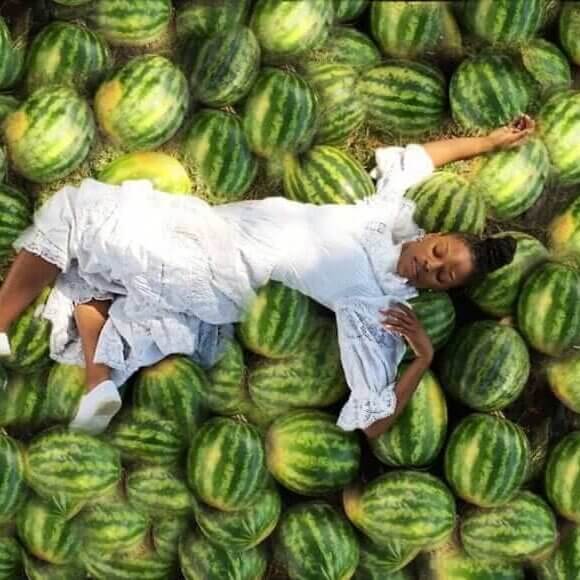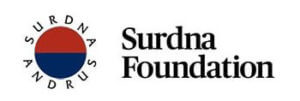Jarrell Hamilton, EPISODES: Watermelon Dreams. Photo: Diogo DeLima.
NPN’s Southern Artists for Social Change envisions a world in which people of color living, working, and organizing for community change in the South have the power, resources, and opportunities to thrive.
“Through the work of a skilled artist,” says Southern Artists for Social Change Program Coordinator Steffani Clemons, “we are able to reflect on injustice, work through pain, make demands, and seed future generations with the idea that a New South is possible and that it will be led by all of its people, as it always should have been.”
The Southern Artists for Social Change program provides $25,000 project grants to artists and culture bearers of color engaging in social change in urban, rural, and tribal communities of Alabama, Louisiana, and Mississippi. The new grant is part of the Surdna Foundation’s Radical Imagination for Racial Justice initiative, which has partnered with eleven organizations nationwide to support artists of color working to advance racial justice within their local communities. As part of this initiative’s US South learning cluster, Southern Artists for Social Change is a three-year pilot program to expand NPN’s regional support beyond our local community in New Orleans, investing in the Deep South’s strong creative legacies and deep community-based practices.
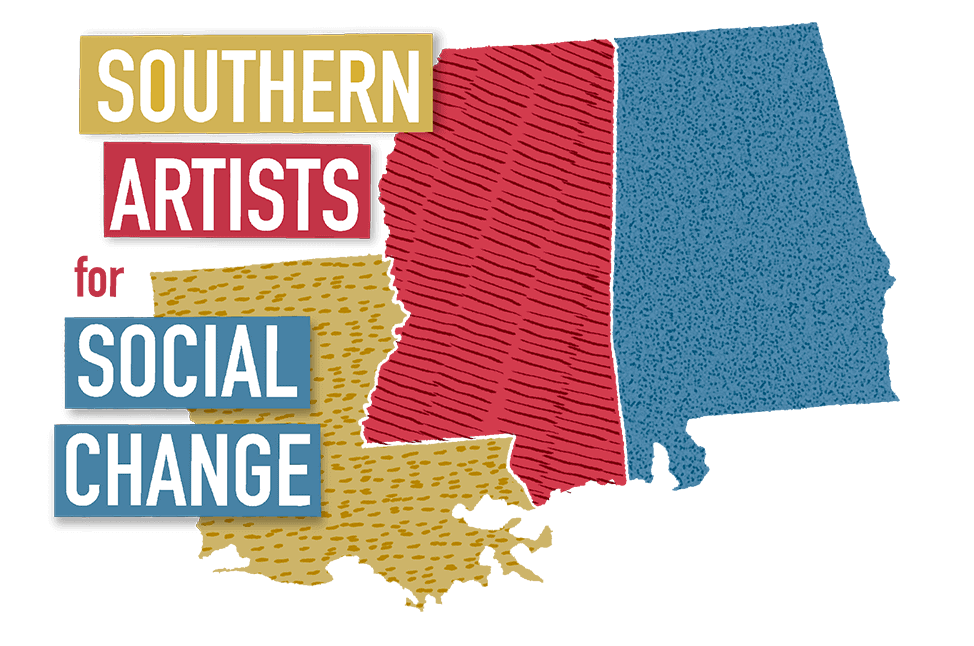
In its inaugural year, Southern Artists for Social Change awarded $300,000 to 12 projects that identify community challenges or needs; imagine a different future; and practice, test, and/or design for approaches toward that future that center racial justice. The call for submissions for the second cohort will open in May of 2021.
“They’re really courageous people,” says NPN Director of Local Programs Stephanie Atkins. “When I read about each of these projects and what they envision, I think, this is the kind of social change that NPN is trying to achieve. This cohort is setting the standard for us. They’re setting a standard that NPN now has to meet.”
Introducing the 2020 Southern Artists for Social Change
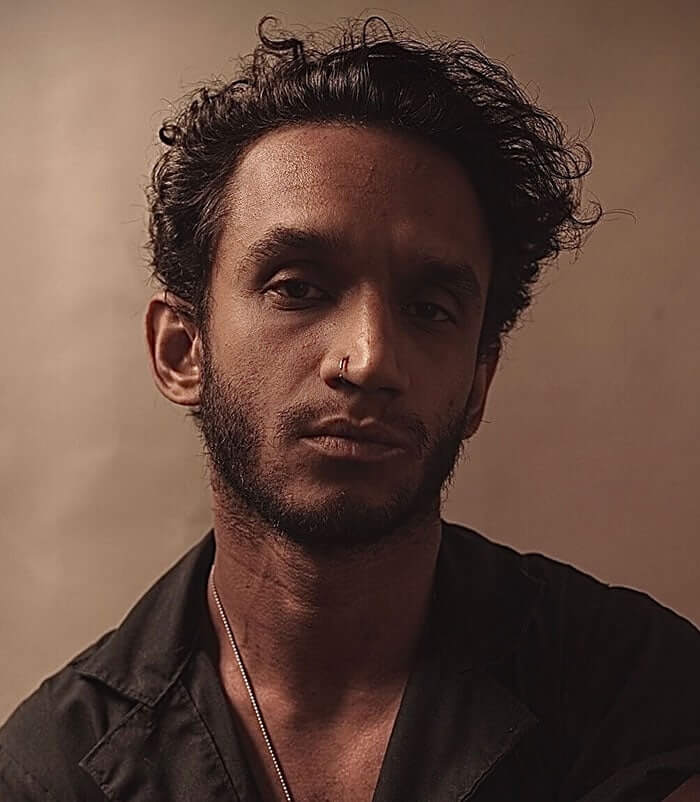
Milo Daemgen (New Orleans, LA)
Angola Revisited
Because Black men are incarcerated at higher rates than any other racial group in New Orleans, Louisiana, and America, criminal justice reform is by definition seeking racial justice. The short film Angola Revisited advocates at the intersection of mental health and criminal justice reform by documenting a support group of formerly incarcerated people who meet biweekly. The film is part of an expressed desire by the group to use a creative medium to tell the story of generational and personal trauma so that the public can understand what they have gone through and continue to go through.
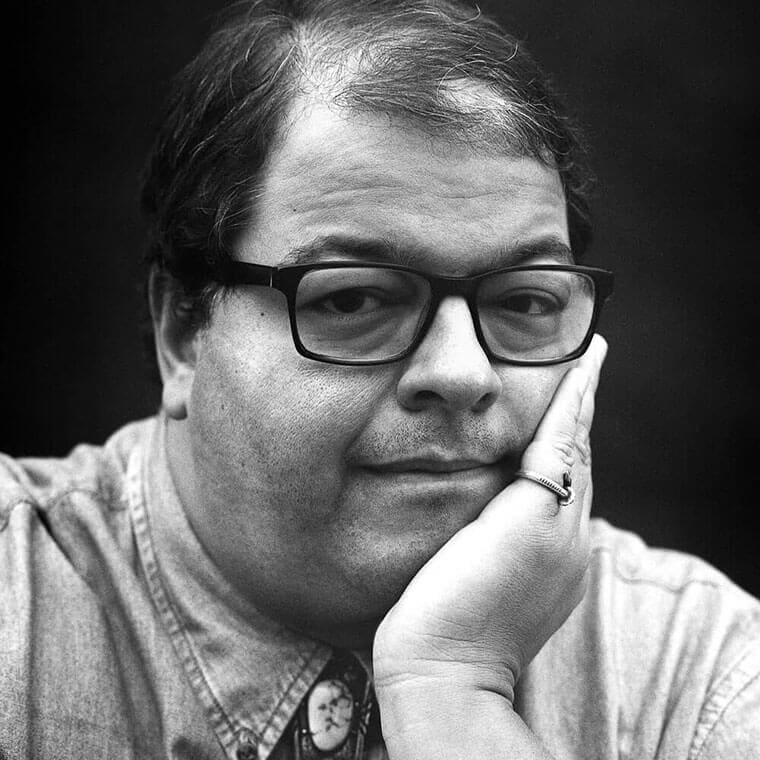
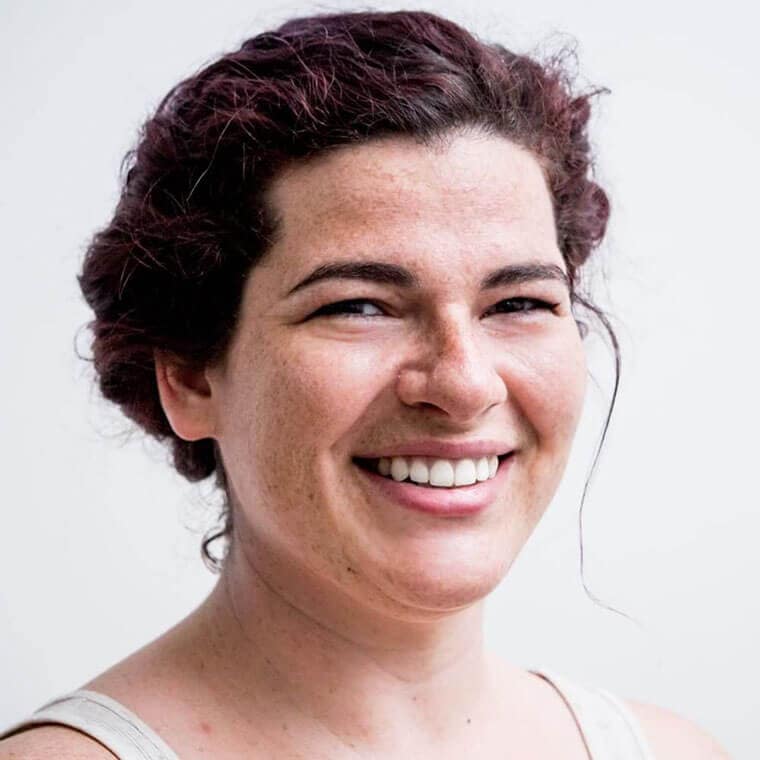
Jeffery U. Darensbourg and Hali Dardar (Bulbancha/New Orleans, LA)
Unrecognized Stories
The Unrecognized Stories project will document the voices, artwork, and experiences of living members of Louisiana’s non–federally recognized tribal nations. The federal government formally recognizes only four tribes in Louisiana—the Chitimacha, Coushatta, Tunica-Biloxi, and Jena Choctaw—but there are many other tribal nations in the state, including the Houma, Atakapa-Ishak, Avogel, Adai, Clifton Choctaw, Bayou Lacombe Choctaw, Isle de Jean Charles Band, Choctaw-Apache Tribe of Ebarb, Pointe-au-Chien. Members of these tribes often feel a burden to prove their Indigeneity, and they do not enjoy the same access to targeted grants and institutions for cultural preservation and documentation as federally recognized tribes. Unrecognized Stories will collect oral histories to be published online and in a print monograph, as well as deposited in an archive to preserve for researchers in perpetuity. The project celebrates Louisiana Indigenous identity for internal community building and as well as for outsider reading.
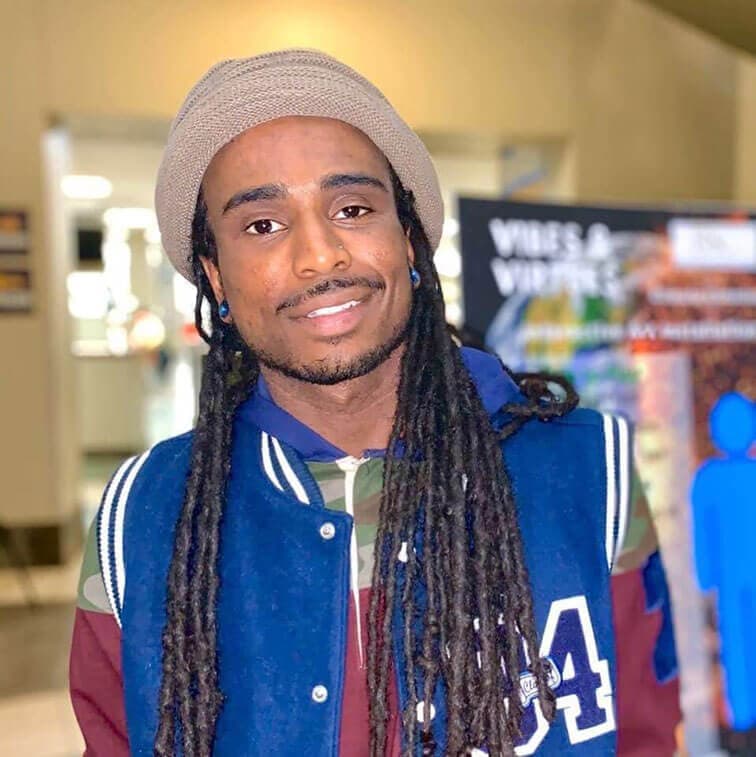
Black Cherry Tree
Black Cherry Tree memorializes each of the 33 African Americans who were lynched in Jefferson County, Alabama, between the late 1800s and the mid 1900s. Centered in Birmingham, this project will establish an annual day of commemoration for these individuals and other victims of racial terror to take place every April 16, the anniversary of Martin Luther King Jr.’s famous “Letter from Birmingham Jail.” Black Cherry Tree will commission local artists to create dolls representing each individual who was lynched. Each of the 33 dolls will be exhibited and then prepared for burial alongside a native Alabama black cherry tree sapling to be planted at a sponsoring local business, for which Black-owned businesses will be prioritized. This participatory artwork will give identity, burial, and legacy to local victims of racial terror, creating a tribute and proactive healing conversations for the 250-year life of the tree.
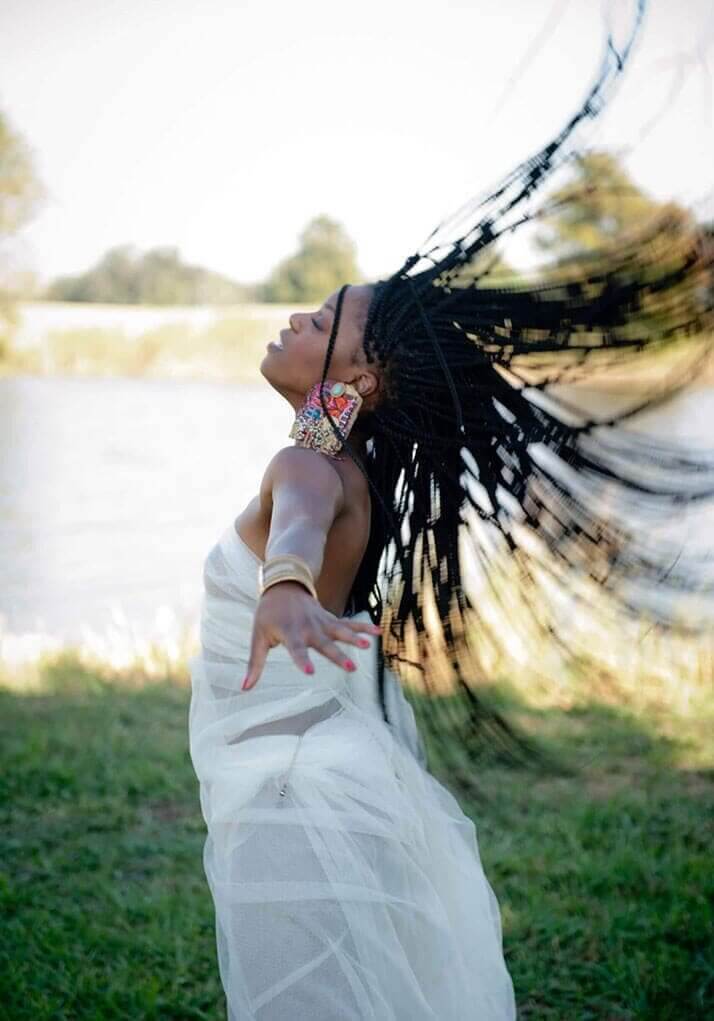
B.R. (Brer Rabbit)
B.R. (Brer Rabbit) is an original contemporary performance and film installation about the Brer Rabbit figure of the Uncle Remus tales integrated with a mental-wellness initiative. Jarrell Hamilton Dance-Theater Company will develop a performance that explores the intersection of W. E. B. Du Bois’s “double-consciousness” theory and mental illness in the Black community. Utilizing Brer Rabbit’s wit, they aim to unpack truths and dismantle this taboo issue. Accompanying the performance is a progressive arts-based mental-wellness program model designed to dismantle the stigma surrounding mental wellness in the Black community and provide youth access to this reimagined concept of conscious healing and elevation.
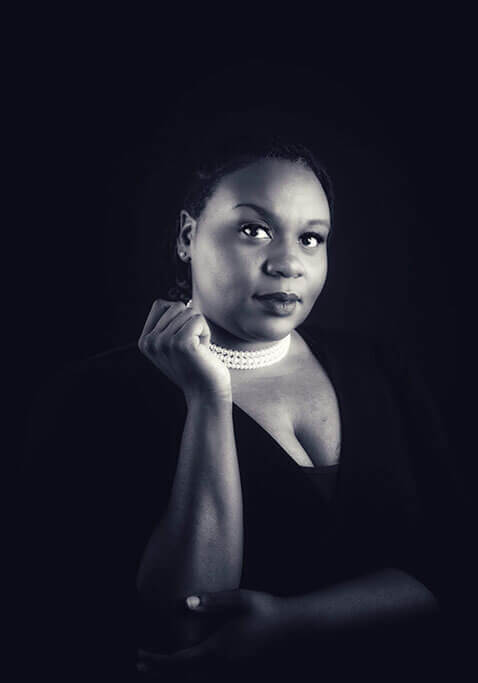
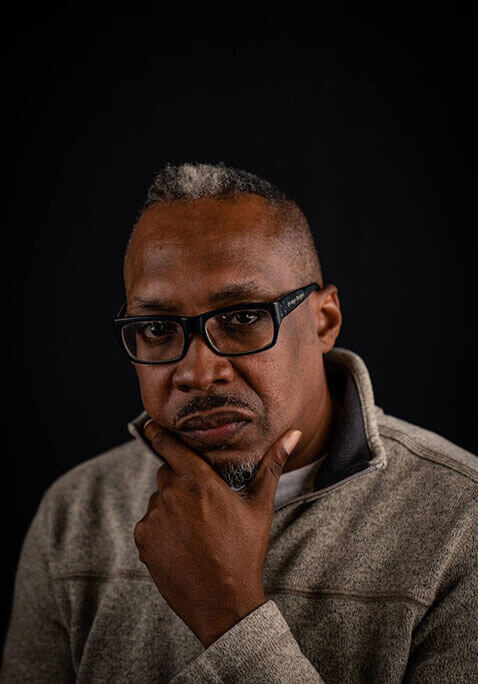
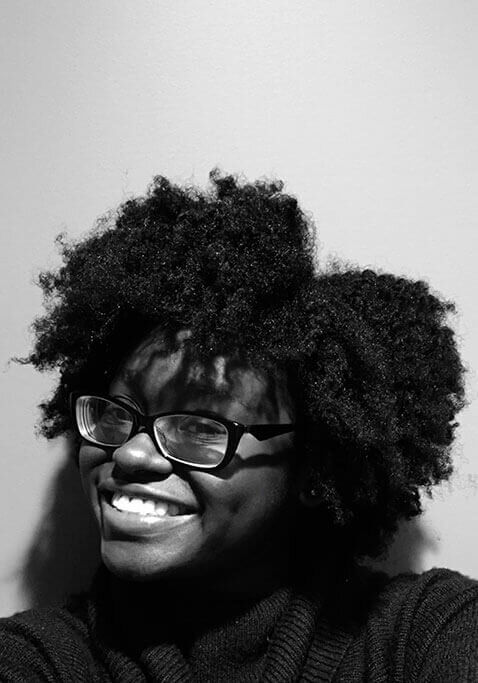
Latasha Hyatt, Orran Scruggs, Tierney Donnell (Dothan, AL)
The Root: Getting to The Root of the Problem
Documentary film The Root: Getting to The Root of the Problem will work toward unveiling the root causes of mental health disparities for Black men in the South, in particular those who have gone through the prison system. This project will tell the stories of formerly incarcerated Black men working in Aunt Katie’s Community Garden in the Baptist Bottom community of Dothan, Alabama, correlating the participants’ experiences to processes of gardening and growing food. The documentary aims to open up a hard conversation in a graceful supportive manner while giving these men a large amount of autonomy over how their stories are told, as well as to expose participants to the concept of self-care and what that actually means.
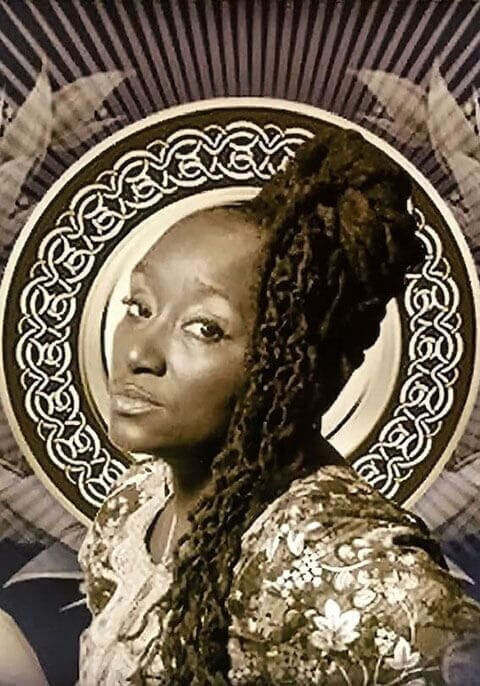
Photo: Jerry Taliaferro
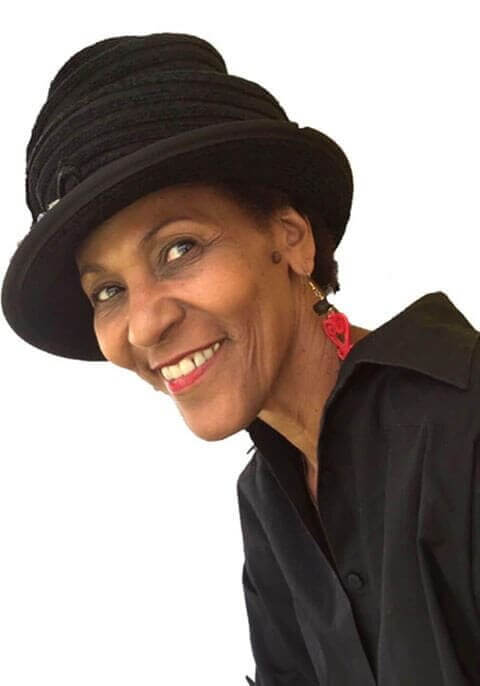
Photo: Abe Lavalais
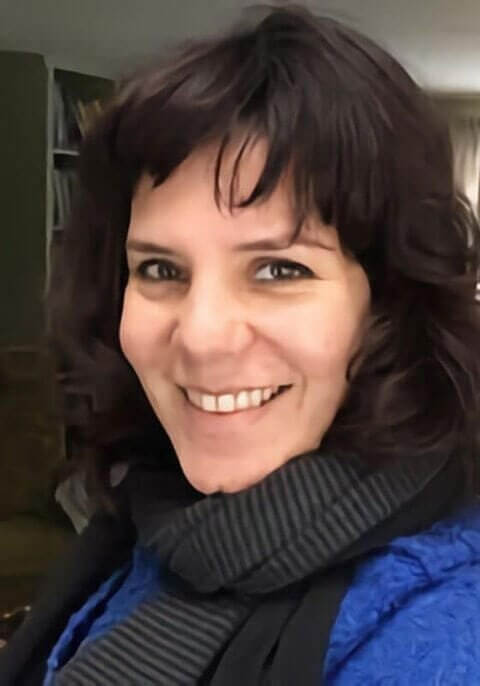
Ausettua AmorAmenkum Jackson (New Orleans, LA)
Sacred Wellness 360
Sacred Wellness 360 responds to the need for more holistic wellness reentry programs for women in New Orleans. Cohorts of formerly incarcerated women will participate in workshops led by other formerly incarcerated people, a clinical psychologist, holistic healers, and artists. Through story circles, theater exercises, movement techniques, healing modalities, and clinical methods, participants will center their own experiences and gain tools of self-care, healing knowledge, and ancestral wisdom. At the end of the cohort, these women will present a performance that reflects the realizations and aspirations they experienced through participating in the program. The program expands on 20 years of work at the Louisiana Correctional Institution for Women, in particular with the performance group Graduates Rising. Sacred Wellness 360 will help participants identify where they are in their decarceration challenges while building a sense that no matter where they are, they are valued and worthy.
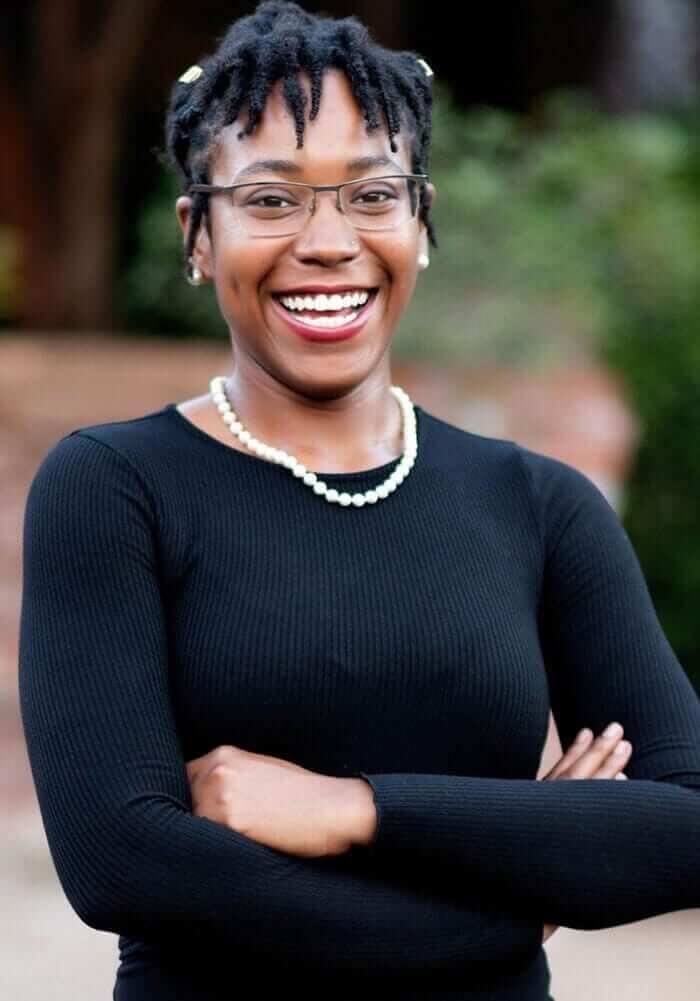
Samesa Hoskin (Indianola, MS)
JUST SPACE
Led by artist Samesa Hoskin, the JUST SPACE project uses art-activism to create just spaces—relational, physical, and ecological—for Black and Indigenous Deltans in Rosedale, Mississippi. The multifaceted project will convene an artist collective of teen and adult artists, empowering them to speak on and produce art related to injustices they see, using artistic expression to make abstract issues personal. JUST SPACE will begin by working with youth artists from the Rosedale Freedom Project to reimagine Bubba Park, revitalizing its basketball court and reclaiming it as worthy public space. Focusing on environmental racism in Indianola and Rosedale, this initiative offers free resources to the entire community, including access to environmental education, art education, and collaborative art production instructed by local artists. JUST SPACE is a center for intentional congregation and a program for place reimagination through art.
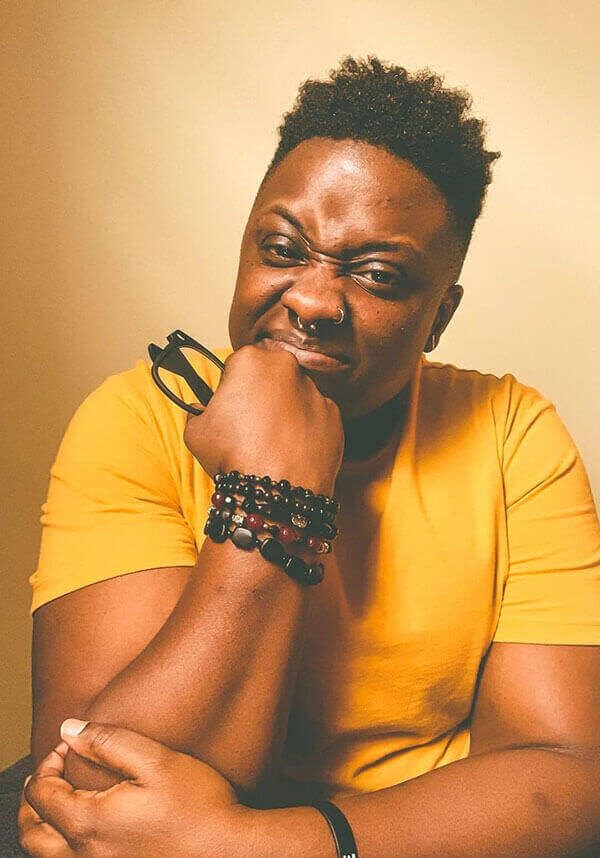

Queer Sex Ed
The Knights & Orchids Society (TKO), an organization led by and for TGNC people in the South, will collaborate with BIPOC Southern trans and queer artists to create queer sex ed comic books. Created by artists who are from the communities most impacted, these resource books aim to empower TGNC and LGBQ people to make positive decisions when it comes to intimacy and romance. Exploring topics such as consent, health and hygiene, safety and sexwork, dating while trans, and the HIV Undetectable Equals Untransmittable (U=U) concept, these books will be distributed to BIPOC youth and adults who identify as trans, nonbinary, or LBGQ across the Southern states, beginning in Jefferson, Dallas, and Montgomery counties. “We all know that representation matters,” says TKO Communications Director TC Caldwell. “In regard to our project, representation not only matters, it’s life-saving.”
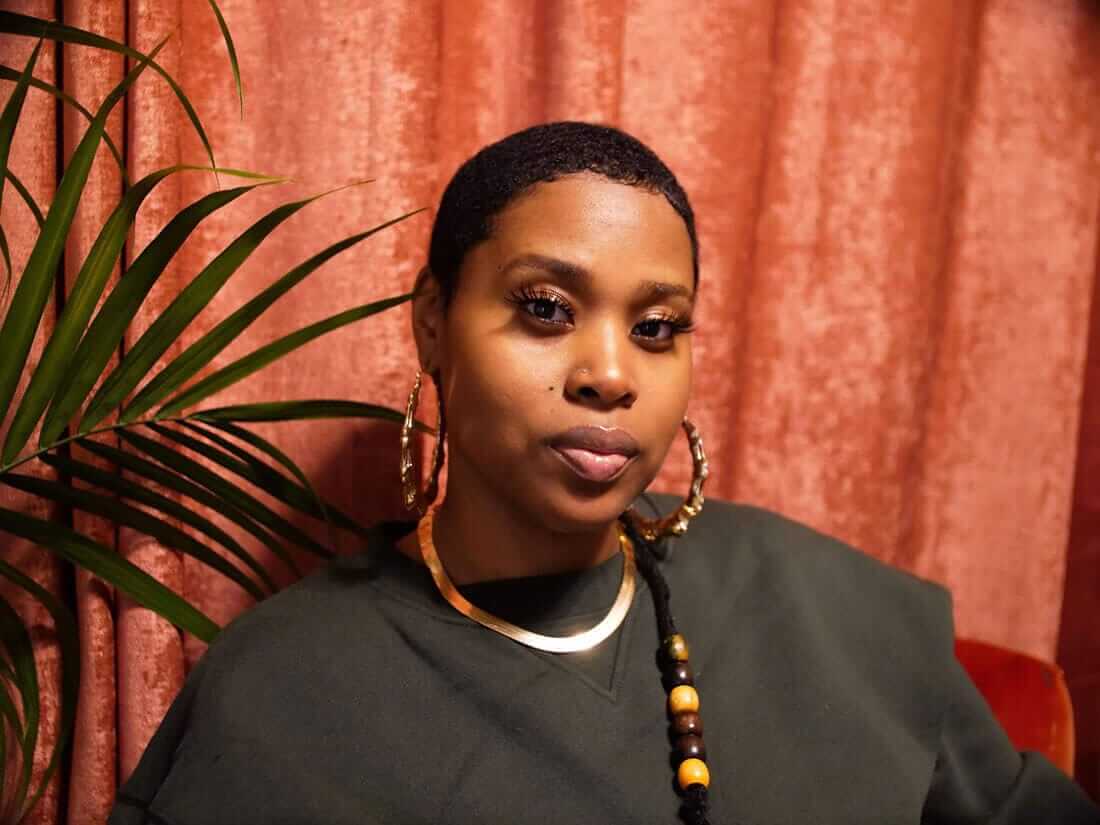
Remade Ruins
Remade Ruins is a future oasis in the magical Black south where beautiful dwellings live, delicious foods grow, and creative spaces thrive. The project aims to create an arts destination in Clarksdale, Mississippi, featuring agricultural education and production, live performance and collective art experiences, tiny homes to host artists-in-residence and tourists, community gardens, a food court, and an amphitheater and open-air museum. Artist Zaire Love calls her project “proudly unreasonable.” Rooted in Mississippi, Remade Ruins centers Black land ownership, Black arts and agriculture education, Black innovation and creation, and Black joy and rest.
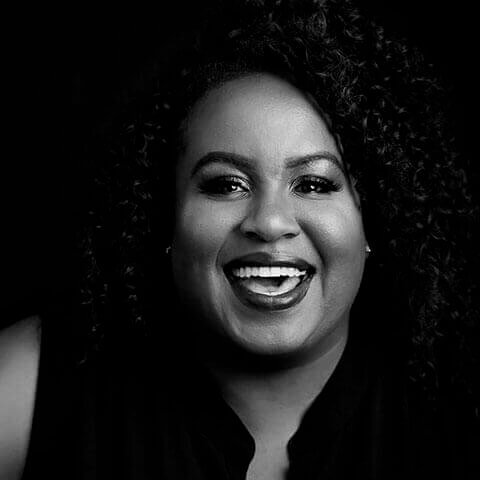
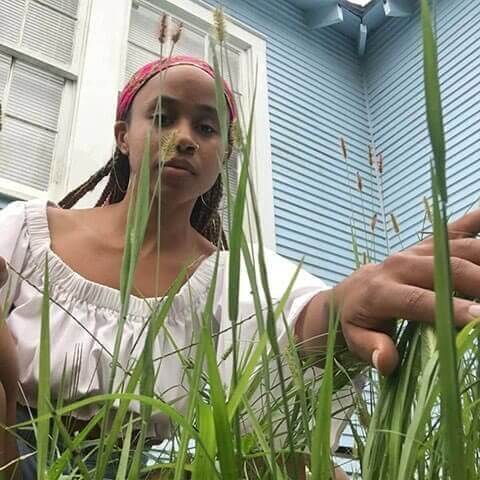
Don't Look Away
No Dream Deferred aims to create, explore and model methods for building an iterative, equitable, anti-racist process for Black and Indigenous people around creating art and solutions for climate justice. The community-anchored theater company seek to create a generative process for Black and Indigenous makers to come together and realize a shared future that centers these communities as: 1. Still here, 2. Crafting climate solutions and adapting to climate changes, and 3. Thriving. Using Lydia Y. Nichols’s new audio play Don't Look Away as a guide, a cohort of community members will explore a new generative process for making rooted in restorative justice in real time while also creating a blueprint for the future.
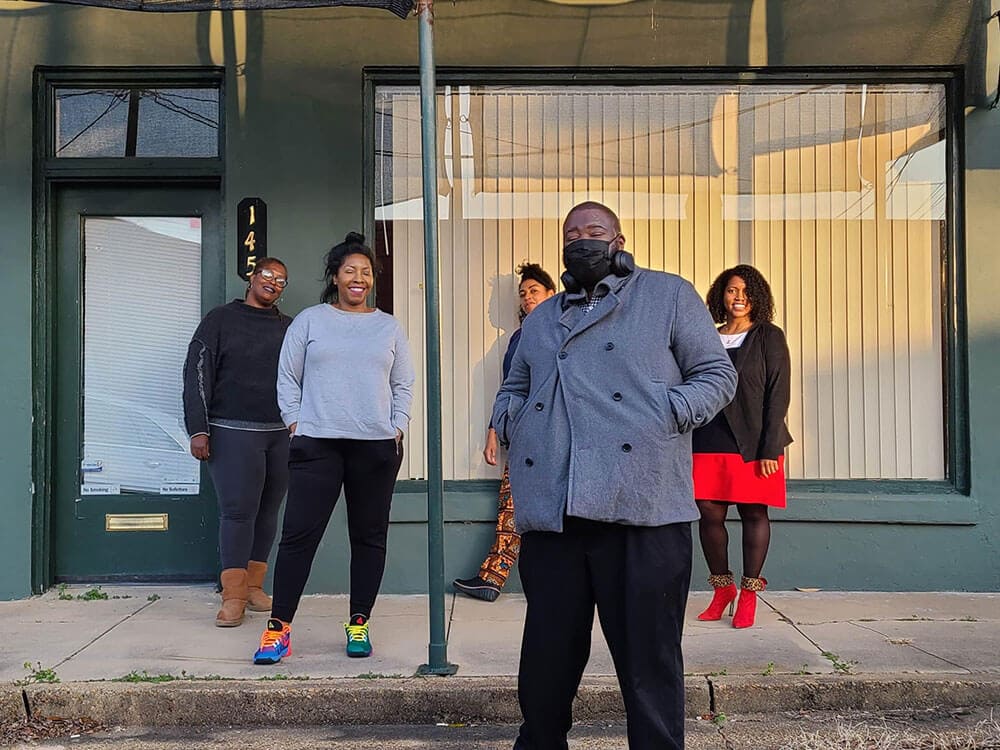
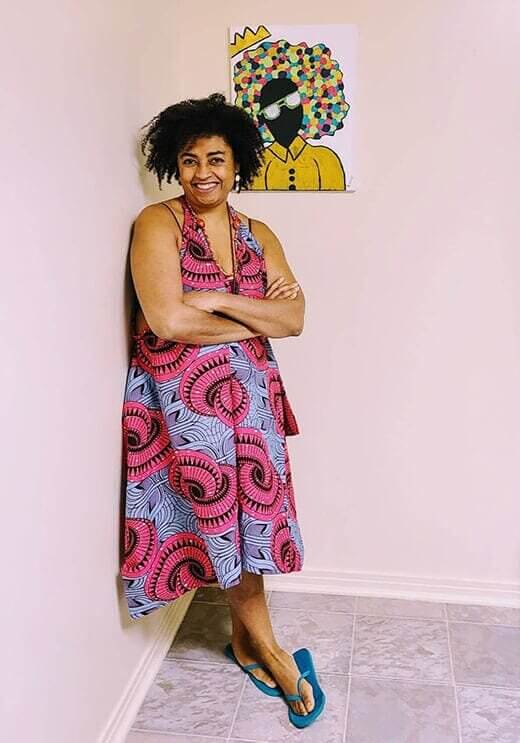
Anna Beatrice Scott and Earthseed Collective (Holly Springs, MS)
Art+Facts: A Type of Peace
By assembling objects and their stories from 50 years ago, Earthseed Collective intends to spark their town’s communal imagination to design the next 50. Art+Facts (pronounced “artifacts”) are elder members of the Black community who agree to make themselves available as living texts and resources to the town’s younger residents. In return for their responses, the collective will provide opportunities for healing and growth through culturally specific practices: drum circle, Ring Shouts, Backyard Blues, and Testimony. For younger participants, the project will create and distribute Go-Get-It Bags filled with books, songs, and implements to create a situated, specific Black Future. Young adults and students will be asked what they imagine the town could be like in 50 years. From their contributions, Earthseed Collective will develop performances and installations on the town square set in a probable near future.

Investing in Tribal Artists
Investing in Tribal Artists aims to provide an experience that not only educates but also engages and grounds tribal citizens of the United Houma Nation in their unique culture in a way that ultimately encourages social action. The project will incorporate workshops on traditional practices and knowledge-sharing that demonstrate Houma basket weaving, palmetto hut construction, traditional storytelling, medicinal herb work, and making moss dolls and garfish scale jewelry. The project will additionally create an apprenticeship program where culture bearers have the opportunity to pass down traditional skills. As a result, at least five participants per year will learn and master a traditional skill, allowing the tribal community to continue on these Houma traditions.
